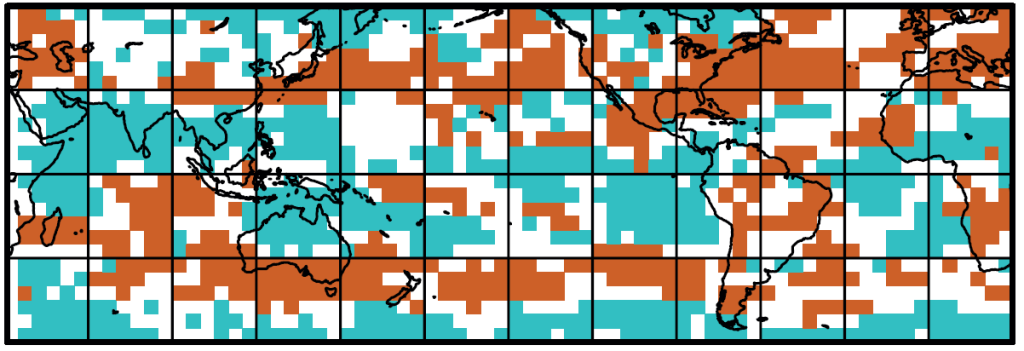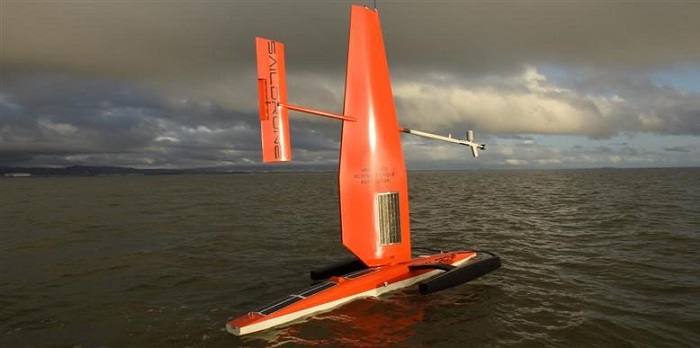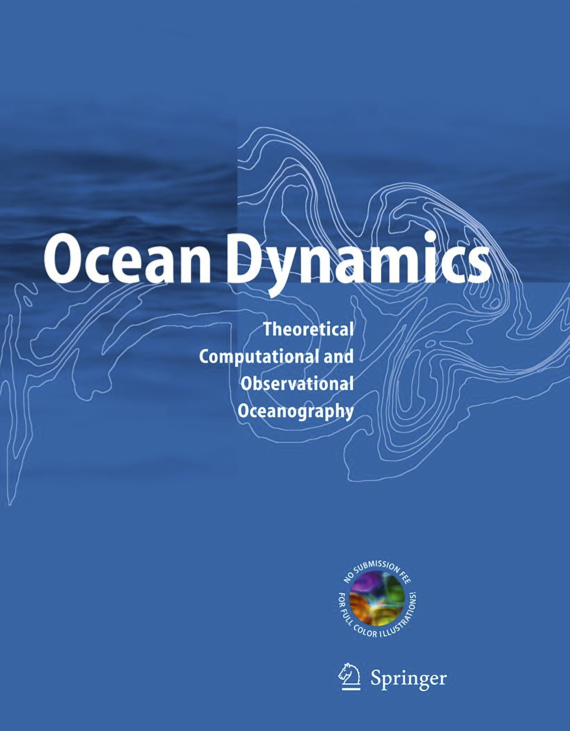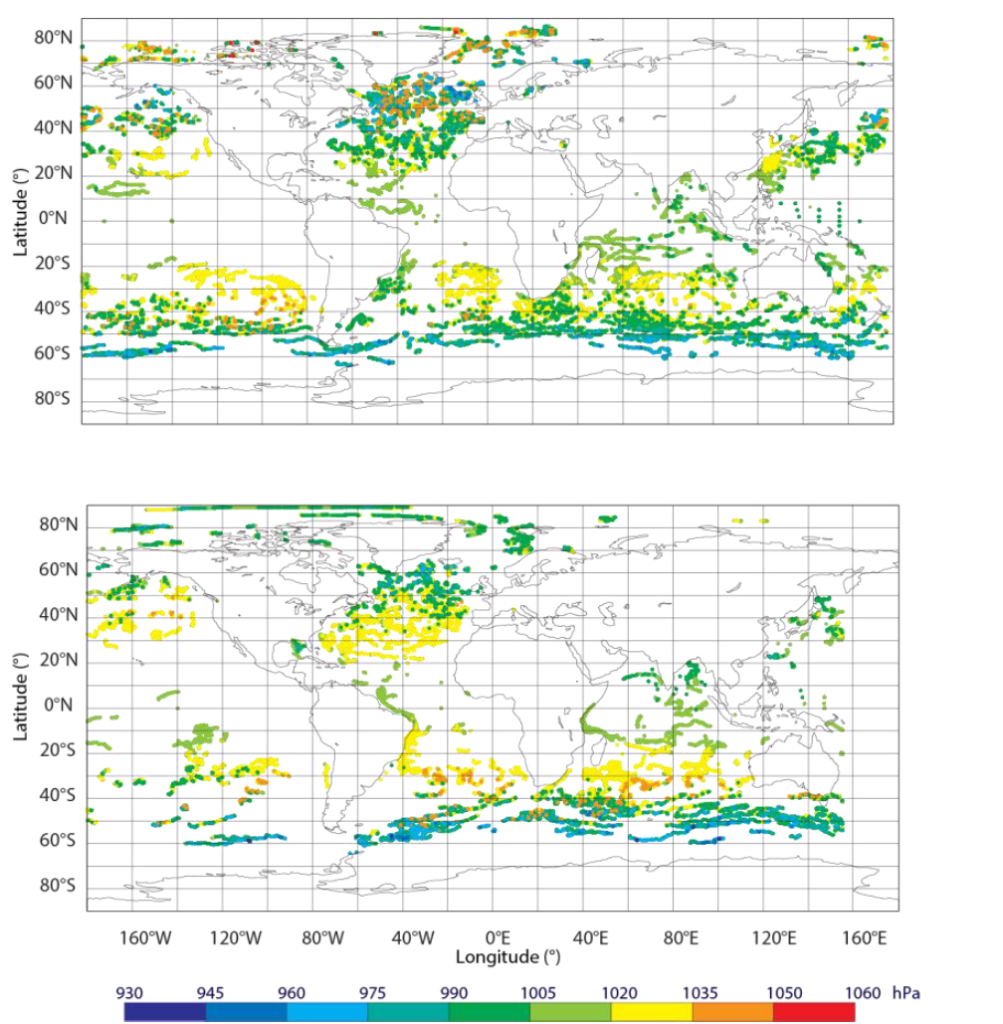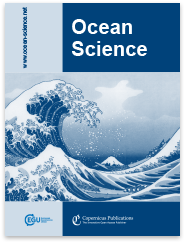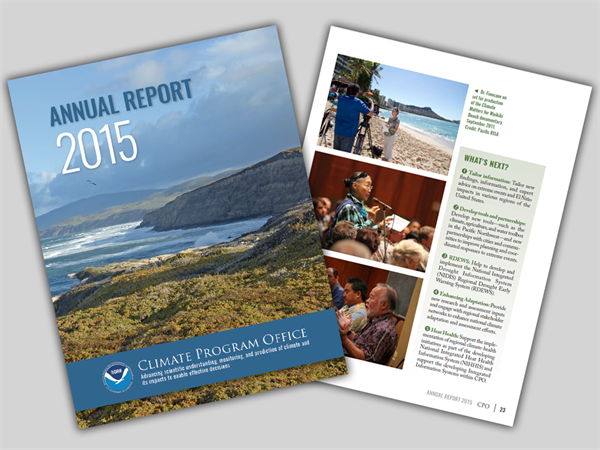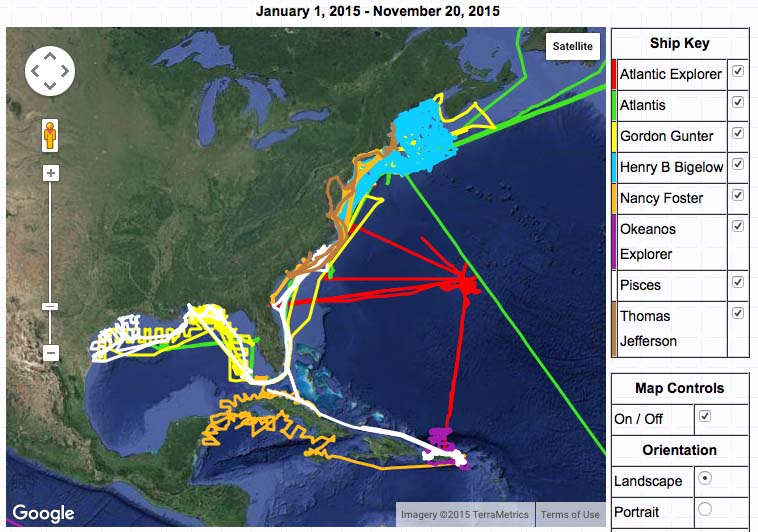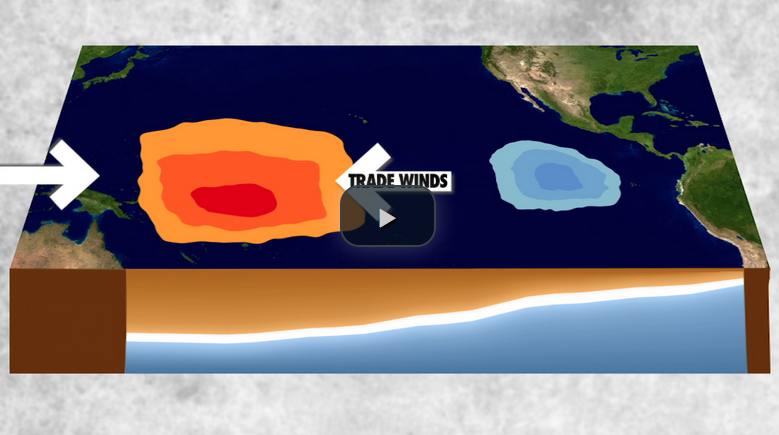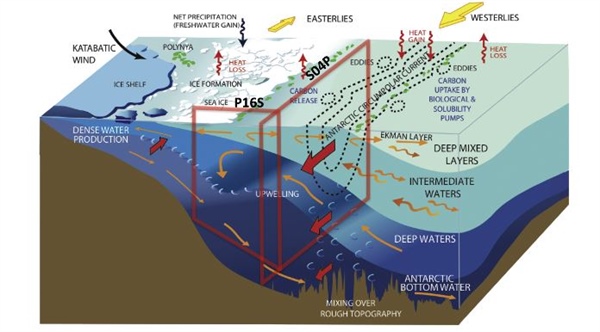Satellites and Models Show Cloud Response to Climate Change, Says New Study
Satellites and Models Show Cloud Response to Climate Change, Says New Study A study partly funded by the CPO’s Climate Observation Division found evidence of changes in cloud concentration and height due to climate change between 1983 and 2009. Recently published in Nature Climate Change, a paper of the study says these large-scale cloud changes result in a warming […]
Satellites and Models Show Cloud Response to Climate Change, Says New Study Read More »
